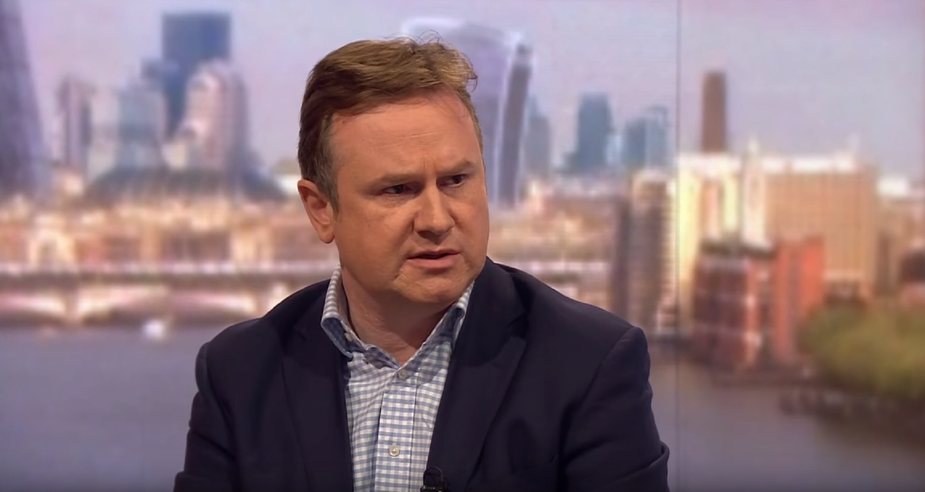Less than 24 hours after learning that we will once again go to the polls, we asked esteemed political journalist and Times columnist Iain Martin to help us make sense of the maelstrom of British politics we find ourselves in.
During a fascinating dissection of party battle lines, Iain shone a light on issues from party loyalty and the Crosby effect to the changing media landscape delivering us our political news. Here are five key take-aways.
Election was a big gamble for Boris
As Iain rightly pointed out, it’s hard to believe that merely ten days ago, Boris Johnson was attempting to force his Brexit Bill through Parliament – another example of the blink-and-you’ll-miss-it nature of Brexit politics. Commenting on Boris’s push for an election, Iain called it a big gamble, arguing that had he persevered with his WAB even if this involved accepting some amendments, he could have claimed a moral authority in Parliament that may have stood him in better stead.
As it is, we’re headed for the first December General Election in almost a century and the PM will be hoping to avoid a repeat of 1923, when the Tories’ failure to win a majority resulted in a hung Parliament, heralding a new minority Labour government.
Observe the Crosby effect
From his experience of covering numerous General Elections, Iain highlighted the crucial role played by a strong campaign leader. Rewind back to 2010 and you’ll remember a Cameron election campaign characterised by confused messages and a lack of central leadership. This all changed in 2015 with the appointment of Australian election king Sir Lynton Crosby, who many people credit with the Conservative’s decisive victory.
With Crosby’s protégé Isaac Levido pulling the strings for the Tories this time around, it will be interesting to see if this central strategist role can once again make the difference.
Are we all having a political identity crisis?
While a snap poll across the breakfast table suggested a Tory majority may be on the cards, when asked about the election outcome, Iain said that the last few years had taught him not to make political predictions. He also pointed out that we’re in an unprecedented age of political volatility, with the tendency to identify with a political party sharply declining and the possibility of shock voting swings far more likely as a result.
It’s the news, not the views
When asked about the current furore around broadcast journalists expressing political views, Iain was quick to defend BBC hacks such as Laura Kuenssberg and believes that social media lies at the heart of this issue, with any posts reporting political statements verbatim tending to be blown out of proportion by the Twitterati.
Iain did however express concern at the growing tendency among some sections of broadcast media to offer views rather than news, describing it as a negative development.
Quality journalism is not dead
During the discussion, Iain acknowledged the continued struggle for daily print newspapers and highlighted the importance of a strong digital model like that offered by The Times, also recognising that such an approach is more challenging for mid-market and red top titles.
Despite this, he also believes that some forms of print media still have a bright future and that quality journalism is entering a golden age in its ability to cut through the noise. Few websites are doing this better than the fantastic outlet Reaction set up by Iain in 2016 and already making waves in the media world.




